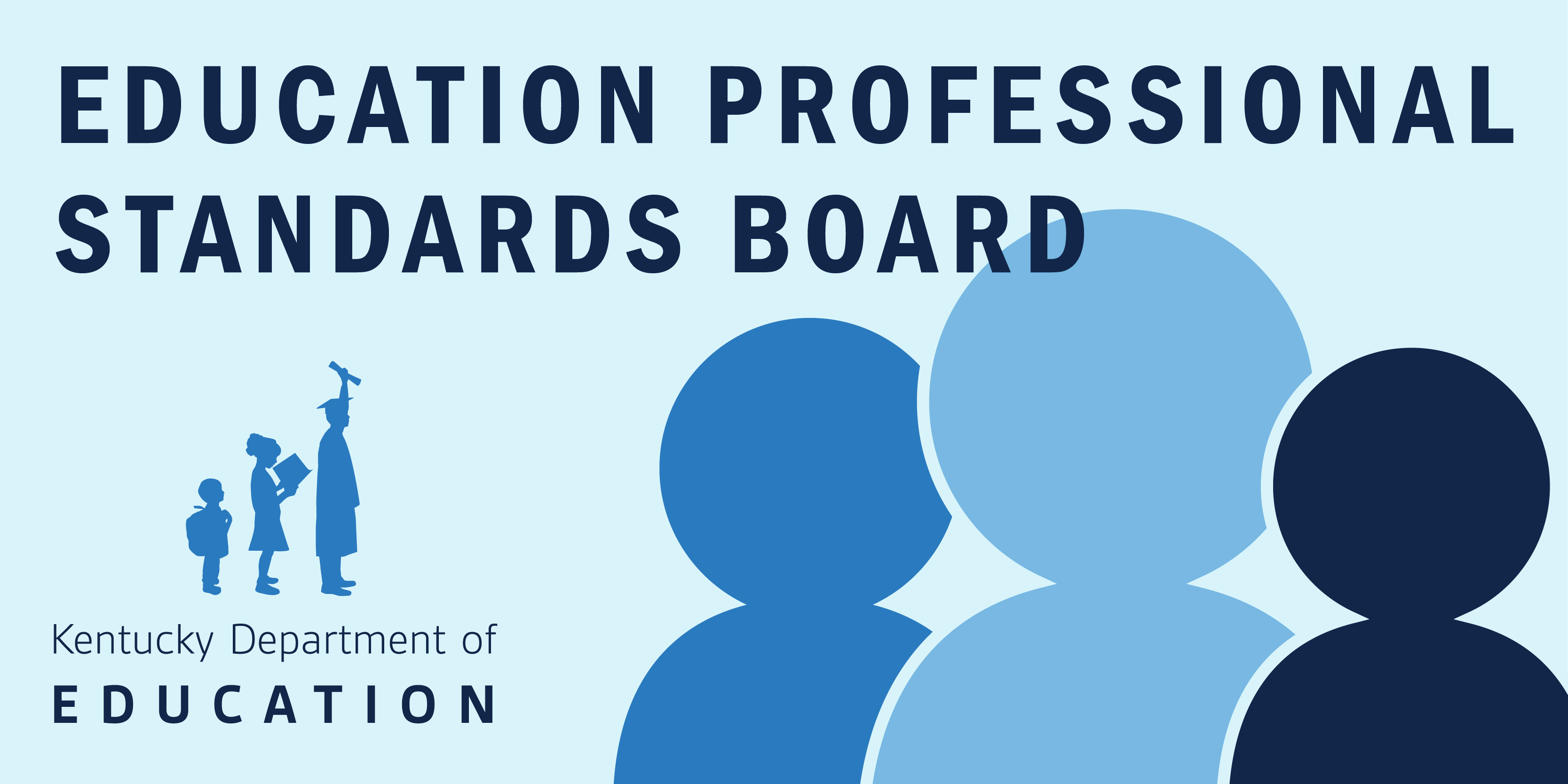- The Education Professional Standards Board and a consortium led by principal preparation programs in Kentucky already have adopted the Professional Standards for Educational Leaders.
- The Principal Advisory Council is offering input on language in the proposed new standards and the evaluation rubric that will be used.
By Mike Marsee
mike.marsee@education.ky.gov
The Kentucky Department of Education (KDE) is expected to update the standards that guide the development of principals and are used to evaluate their effectiveness.
The move to adopt the Professional Standards for Educational Leaders (PSEL would expand on the Kentucky Principal Performance Standards (KPPS) currently in use.
The Commissioner’s Principal Advisory Council recommended the adoption of PSEL at its meeting Tuesday in Frankfort. Kentucky Education Commissioner Wayne Lewis told the council KDE will move forward to adopt PSEL to replace the KPPS.
Jenny Ray, who heads KDE’s Principal Partnership Project, said work on aligning the current standards to PSEL began under the Professional Growth and Effective System.
“It’s time to update the language of our standards,” Ray said.
Ray said the Principal Advisory Council is a logical place for that work to continue within KDE.
“You want the principals’ voice,” she said.
The PSEL were adopted last year by the Education and Professional Standards Board, which oversees the certification of Kentucky school administrators, and by the principal preparation programs at Kentucky colleges and universities.
A change in the standards used by KDE will require a change to the state regulation governing certification of principals.
“Once the regulation is opened and we adopt PSEL as the criteria for success for principals, it will be the first time ever the whole pipeline will be aligned,” Ray said.
Ray said advantages of the PSEL, which were created by the National Policy Board for Educational Administration, include that it recognizes changes both in society and in education and emphasizes equity and cultural competency.
“It’s more current language that’s truly applicable to what principals face these days,” she said.
There are 10 standards in PSEL compared to six in KPPS, and there are differences in language that were reviewed by the principals’ group.
“One of the things that stuck out to them was work-home balance, recognizing that in teachers as well as themselves,” Ray said. “Many other states are moving toward that as well.”
Ray said principal preparation programs are working to develop a Kentucky PSEL rubric for evaluation of principals that will be a hybrid of what other states have created.
“They’re connecting theory with practice and making it meaningful for Kentucky, and they’re asking for feedback from sitting principals,” she said.
Principals on the council reviewed items in the rubric at their meeting, and they were invited to upcoming meetings of representatives of the principal preparation programs to continue to affect the process.
Ray said if KDE moves forward to amend the certification regulation, the 2019-2020 school year probably would be a transition year in which districts could begin implementing PSEL, with full implementation the following year.



Leave A Comment